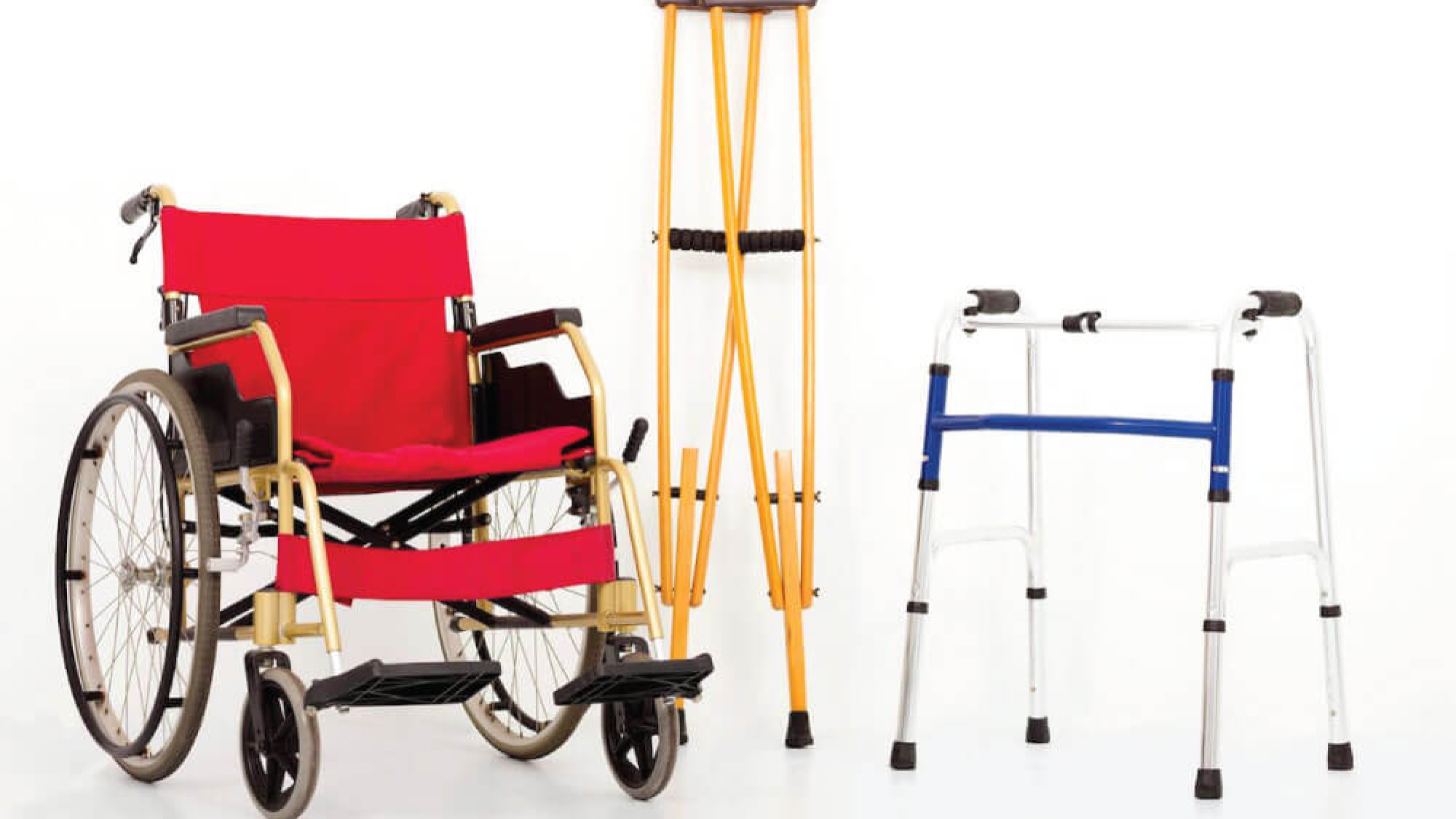The ASHORE Assistive Aid Intervention Program is a systematic initiative designed to offer specialized tools, devices, or services that help individuals with disabilities or limitations achieve greater independence and participation in daily life activities. This program seeks to provide assistive aids such as mobility devices, communication tools, sensory aids, and adaptive technology, tailored to the specific needs of each person.
The aim is to enhance their functional abilities, promote inclusion, and improve overall quality of life by mitigating barriers posed by their disabilities.
Rural areas often grapple with limited access to essential services, exacerbating disparities and impeding progress, this creates barriers for individuals with disabilities or elderly residents who need toaccess necessary assistive aids.
This program is designed to bridge these gaps by providing specialized devices and tools tailored to individual needs, promoting autonomy, mobility, and independence. Mobility aids like wheelchairs and walking frames can empower individuals to navigate their environments with greater ease of dignity, fostering social participation and reducing dependency. Communication devices enable those with speech impairments to engage more effectively, thereby reducing isolation and improving mental well-being.

Assistive aids enable economic participation. Rural communities often rely on agriculture and manual labor, where disabilities can limit involvement. The provision of assistive tools like ergonomic equipment or prosthetics can create opportunities for diverse participation in local economies, contributing to economic growth and reducing complete reliance on external support.
The impact scope of this intervention program extends beyond material assistance. It seeks to also promote awareness about disabilities, fostering inclusivity and reducing stigmatization within rural societies. Also, the focus on training local care givers and healthcare providers on the usage and maintenance of the provided aids ensures sustainable support and long-term benefits.
Ultimately, an assistive aid intervention program tailored to rural communities can catalyze positive transformations by improving healthcare access, educational opportunities, economic engagement, and social inclusion for individuals with disabilities. By addressing these aspects, this program not only supports the enhancement of the lives of those directly impacted but also contributes to the overall development and vitality of rural areas.
In building a more inclusive society, the ASHORE Assistive Aid Intervention Program becomes an integral step towards the creation of equity and opportunity for all.
